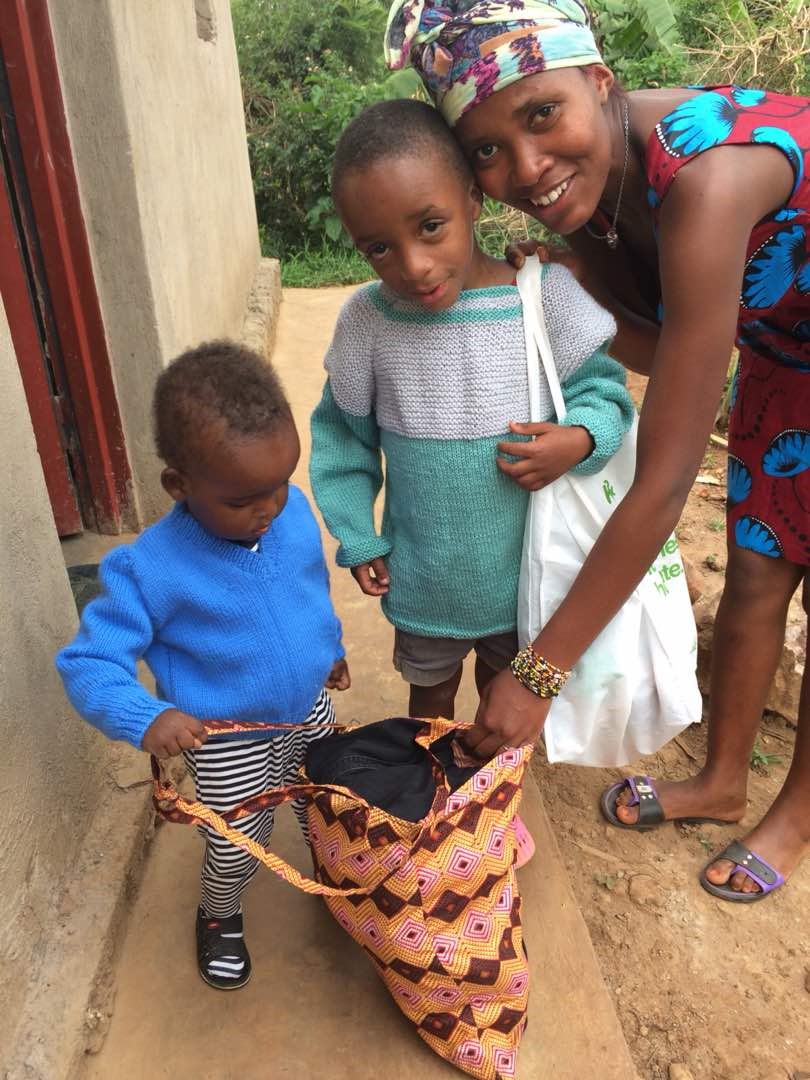UNIT 3: Introduction
UNIT 3: Behaviour Management - Active Citizenship, School and Parent Engagement
|
Key Words/Phrases
|
Definitions
|
|---|---|
|
Accountability
|
Having responsibility for something.
|
|
Restorative approaches
|
Meetings or conversations which put things back to a healthy, good position, perhaps to the way they were before the conflict, and which make everyone feel satisfied that they have been treated fairly
|
|
Conflict
|
Disagreements, arguments, clashes
|
|
Resolution
|
The solution; how the problem is solved; the outcome
|
|
Respect
|
Thinking about and paying attention to the feelings, rights and/or wishes of others
|
This unit introduces Active Citizenship and School and Parental Engagement as essential concepts for teachers. You will learn about holding Circle Meetings as a tool for encouraging and valuing learners’ active participation and contributions in the classroom, and in school as a whole.
The unit explains how these concepts fit into the Competence Based Curriculum, how to set up Circle Meetings, with suggested topics to use during Circle Meetings, and how to hold Restorative Meetings. It also provides an example of a Parent-Teacher meeting and highlights the importance of communicating frequently and effectively with parents/carers.

Citizenship and national identity are basic competences of the Competence-Based Curriculum. In the Competence-Based Curriculum framework, the section on Peace and Values Education states that education “will encourage individual and social action for building more peaceful families, communities, societies and, ultimately, a more peaceful world.”
Providing opportunities for learners to share their different points of view and to listen to one another allows them to be reflective and to build a peaceful classroom environment. There are a number of ways of doing this in the classroom and in the wider school, e.g. facilitating group discussions, holding debates, conducting Circle Meetings, holding Restorative Meetings and organising Parent-Teacher Meetings.
These strategies also help learners to develop skills for navigating life outside of school. Through participating in debates, discussion and circle meetings, learners can develop their tolerance and respect for other people’s ideas and opinions, that is, for diversity. In addition, they can practise their negotiation and critical thinking skills. In this way, we can see that Active Citizenship and School and Parental Engagement are important aspects of their learning and development.